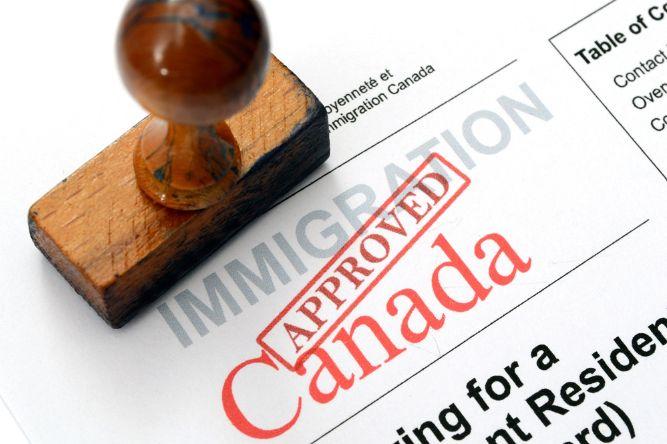
In 2021, Canada welcomed 401,000 new permanent residents – a new record for the country. All of those new permanent residents were welcomed in spite of strict border regulations due to COVID-19.
Canada’s economy is built on immigration. Attracting skilled immigrants is essential to our national well-being and identity. Unfortunately, misinformation and myths about the immigration process can lead to delays in the immigration process – or even outright denials. In this article, we’ll tackle some of the most common myths about immigrating to Canada. Read on.
Immigrating to Canada is easy
The Government of Canada has done its best to make the immigration process simple – but it’s certainly not easy. There are several different tracks an individual can follow to become a permanent resident, from family sponsorships to express entry for skilled workers. The paperwork for all of these tracks is, however, quite daunting.
We highly encourage you to speak to an immigration lawyer or Certified Immigration Consultant if you plan on immigrating to Canada. These professionals can talk you through all of the paperwork, help you acquire any necessary documents, and guide you around potential pitfalls. In the end, hiring an immigration professional can save you both time and money.
If you’re in Canada as a temporary resident and you need fingerprints taken to complete your application for permanent residency, we can help. FASTCHECK offers fingerprinting for immigration in Winnipeg.
Immigrating to Canada is impossible
This myth is the opposite of what we just discussed – some people believe that because of the strict requirements for permanent residency, immigrating to Canada is next to impossible.
Fortunately, that isn’t the case.
There are a number of tracks for immigration to Canada – though most require you to be a skilled worker. Are you a skilled caregiver? You may be able to come work in Canada as a temporary resident offering caregiving services, and the time you spend here may count toward your eligibility as a permanent resident. Interested in working for remote communities? There’s a program to help you immigrate to Canada.
The hardest part about immigrating is determining which program best suits you, then filing the appropriate paperwork. This is yet another reason it’s so important to work with an immigration professional .
Immigrating to Canada is the same in every province
You might think that immigrating to Canada is the same no matter where you go – but that couldn’t be further from the truth. Not only does every province have its own distinct culture, labour needs, and even linguistic norms – it may also have its own immigration programs.
You’ll find, for example, specific immigration programs like the Atlantic Immigration Program and the Rural and Northern Immigration Program. The biggest outlier is, of course, Quebec. Quebec has its own immigration program separate from the rest of Canada’s immigration program – so to immigrate there, you’ll need to follow their specific rules and requirements.
You need to know both English and French to immigrate to Canada
Fortunately, this isn’t the case. You only need to know one of the two official languages to immigrate to Canada. Knowing both is helpful but certainly not required.
Unfortunately, only needing to know one of the two official languages can create certain challenges. As a company that offers fingerprinting in Winnipeg, we’ve encountered immigrants who were led to believe that knowing French was enough to get by in our fair city. After all, we have historic St. Boniface (a French community) and many French-speaking towns in rural Manitoba.
Very few people in Winnipeg are actually fluent in French – and this can lead to quite an adjustment period for new immigrants. In the same vein, if you immigrate to Quebec and only know English, there may be an adjustment period, as most Québécois speak French.
Any relative who is a Canadian citizen can sponsor you for immigration
Sadly, you can’t be sponsored by any Canadian relative. There are very strict rules dictating which relatives can sponsor an immigrant. Typically, you’re only allowed to sponsor your spouse (or partner) and/or your children. In certain circumstances, you can sponsor orphaned siblings or other relatives. Parents and grandparents may also be sponsored, and in these cases, their dependent children may be eligible to be sponsored as well.
Helping to dismantle barriers to immigration, one myth at a time
The above are just a few examples of the many myths tied to Canadian immigration. If you liked this article, let us know, and we’ll tackle even more myths about the immigration process. And if you’re looking for fingerprinting services in Winnipeg, get in touch with us. We’re FASTCHECK, and we’ll be happy to help.

Recent Comments